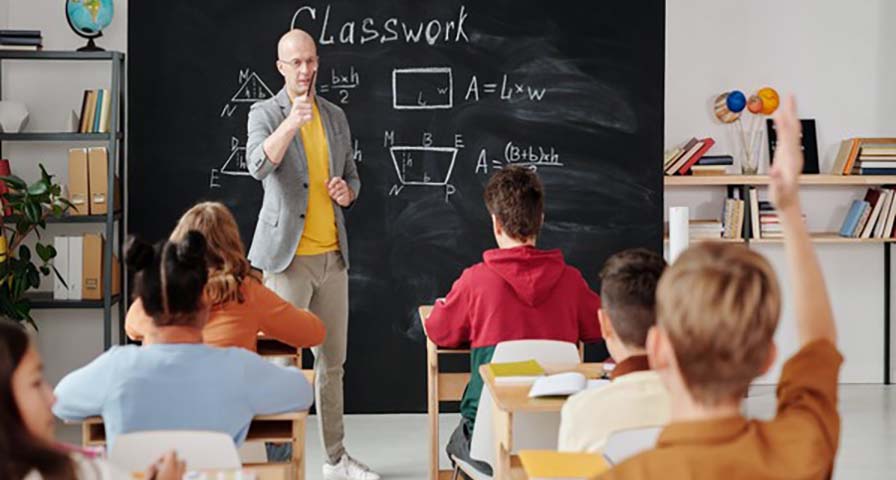Originally published June 30, 2021 by ANI.
According to a new study, improving the quality of Physical Education (PE) classes may boost kids' and teens' brain power and academic prowess, particularly in maths.
The findings of the study were published online in the British Journal of Sports Medicine.
Schools are ideally placed to promote healthy lifestyles in children and teens, and physical education (PE) is the primary means through which this is done. But an emphasis on academic subjects often means less time for PE, said the researchers.
Several studies have looked at improving the quality and the quantity of physical activity in school PE lessons by, respectively, increasing students' participation in existing PE lessons and the amount of curriculum time allocated to PE.
But no study has systematically reviewed and pooled the data on the effects of specific PE interventions on brainpower and academic prowess in children and teens, said the researchers.
To plug this knowledge gap, the researchers trawled research databases for studies designed to optimise PE in terms of quantity, quality, or a combination of the two, among 5 to 18-year-olds.
In all, 19 studies, involving 8676 children and teens, 46.5 per cent of whom were girls, were included in the final pooled data analysis. The studies were carried out in 11 countries: Australia; Brazil; Canada; Denmark; Italy; USA; UK; Spain; Sweden; Switzerland; and The Netherlands.
The analysis showed that interventions focused on boosting the quality of PE lessons increased brainpower, mainly among primary school pupils. They also increased academic prowess, principally in maths skills.
Quality interventions included adding cognitively challenging activities like dance or martial arts, having lessons led by a PE specialist, and/or including high-intensity fitness activities, sports, and team games.
By contrast, boosting the number (by 2-4 a week) or length of PE lessons had a marginal and insignificant effect on academic performance. There were no differences between quantity, quality, or combined PE interventions on overall academic performance, but there were only a few quantity and combined intervention studies included in the analysis, cautioned the researchers.
Physical activity may enhance cognitive abilities and academic performance through various direct and indirect neurobiological, psychological, and behavioural mechanisms, they explain, adding that allocating more time for PE doesn't seem to compromise academic performance.
But they cautioned, "Given the small number of trials, the heterogeneity of results, and the moderate-to-high risk of bias, caution is warranted regarding the strength of the existing evidence base."
"Nevertheless, findings from our meta-analysis suggest that improving the quality of PE classes is a worthwhile investment in education that may lead to improvements in cognition and academic performance," they suggested.
They concluded, "Our results highlight the importance of having access to quality PE for children and adolescents, as recommended by UNESCO. Accordingly, schools should place more emphasis on PE not only to improve students' health, but also to raise their cognition and academic performance."





